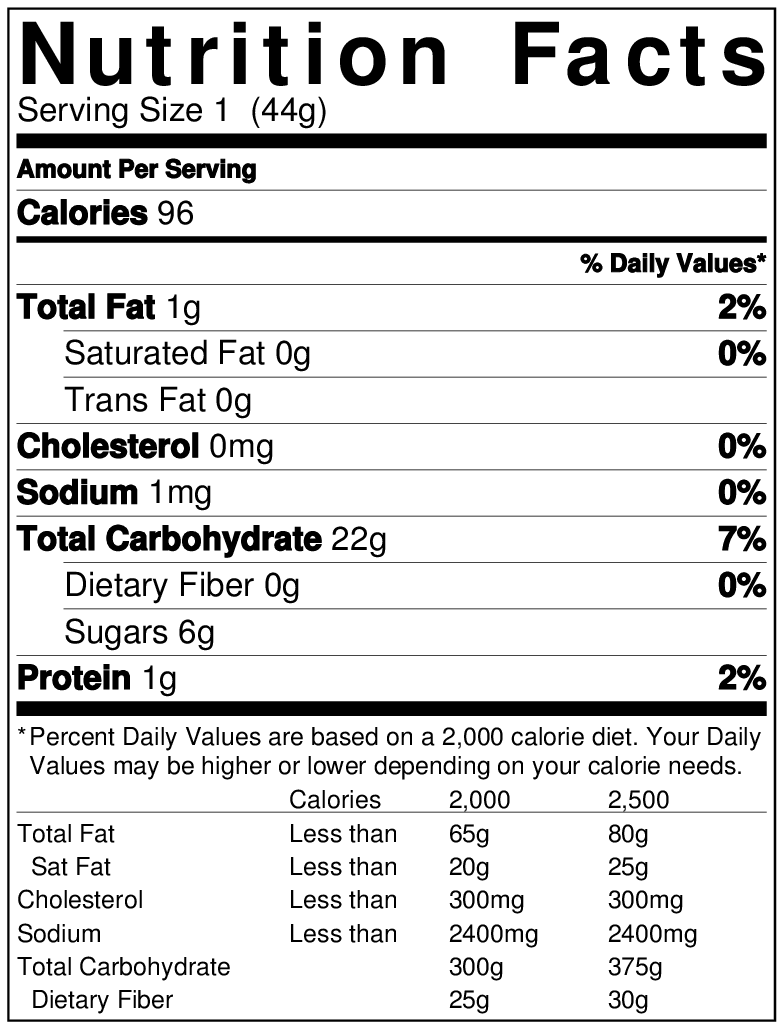In response to growing pressure from eaters who want healthier food, governments that want to take action to protect public health and reduce the costs of diet-related diseases, and competitive markets that jeopardize profits, global big food companies have launched a multi-pronged campaign to protect their interests.
On November 30, 2016, Gyorgy Scrinis, Senior Lecturer in Food Politics and Policy at the University of Melbourne, gave a talk hosted by the CUNY Urban Food Policy Institute entitled “Nutritionism, Big Food and the Corporate Capture of Nutrition”. During his talk, Dr. Scrinis analyzed how corporations use nutrition and nutritionism to advance their business interests. Gyorgy is also the author of Nutritonism The Science and Politics of Dietary Advice (Columbia University Press, 2013).
Many of Big Food’s negative responses to the growing health concerns of consumer and regulators are at the research, policy and regulatory level, include denying corporate responsibility, promoting personal responsibility, campaigning against government regulations, funding research studies, sponsoring front groups and co-opting professional associations.
One element of Big Food’s campaign is to use nutrition science to justify its actions, a process that some have called “nutritionism”. Nutritionism provides a halo for corporations, legitimizes existing and growing markets for highly processed foods, and helps to preempt and deter direct government regulation. Three key strategies food companies use to practice nutritionism are fortification, reformulation, and functionalization:
Fortification is at work when your favorite sugary breakfast cereal boasts a “25% of Daily Value of protein in every serving!” Food companies will add basic nutrients to products, sometimes in an attempt to address micronutrient deficiencies but often to give processed food redeeming qualities. When companies reformulate their products in response to consumer demand or nutrition guidelines impose by institutional purchasers, for example, they will adjust the sugar, salt, fat and calorie contents of their foods, seen as an attempt to minimize the harmfulness of processed food: “better for you” but not good for you. When we eat eggs with extra omega-3 fats, yogurt with probiotics, cereals with added protein, we are eating functional foods, foods modified to offer alleged specific health benefits.

Often food policies fall into a trap of ‘nutricentrism’ wherein nutrient claims, labeling (back or front-of-pack), profiling systems and taxes all intended to improve health of the people purchasing and consuming these foods focus solely on the individual nutrient content and not on the overall healthfulness of the food. Nutricentrism allows for the demonizing of some foods (fat), thus providing opportunities for reformulations, swapping one “nutrient” with another (sugar), which may not increase calories but can no longer be considered as a similar nutritional profile. This also enables the food manufacturer to keep marketing their foods, rather than telling consumers to eat less of them.
Scrinis proposes a new paradigm, defining and categorizing food quality according to how much foods are processed: whole/minimally processed, refining processed, processed-reconstituted and ultraprocessed foods. Additional recommended alternative approaches to the regulation and promotion of food include regulation of food composition, disallowing nutrient-content and health claims and, because so many Big Food companies are transnational: global-level policies and regulations.
Read a related article: Scinis, G. Reformulation, fortification and functionalization: Big Food corporations’ nutritional engineering and marketing strategies, The Journal of Peasant Studies 2016; 43 (1):17-37.
